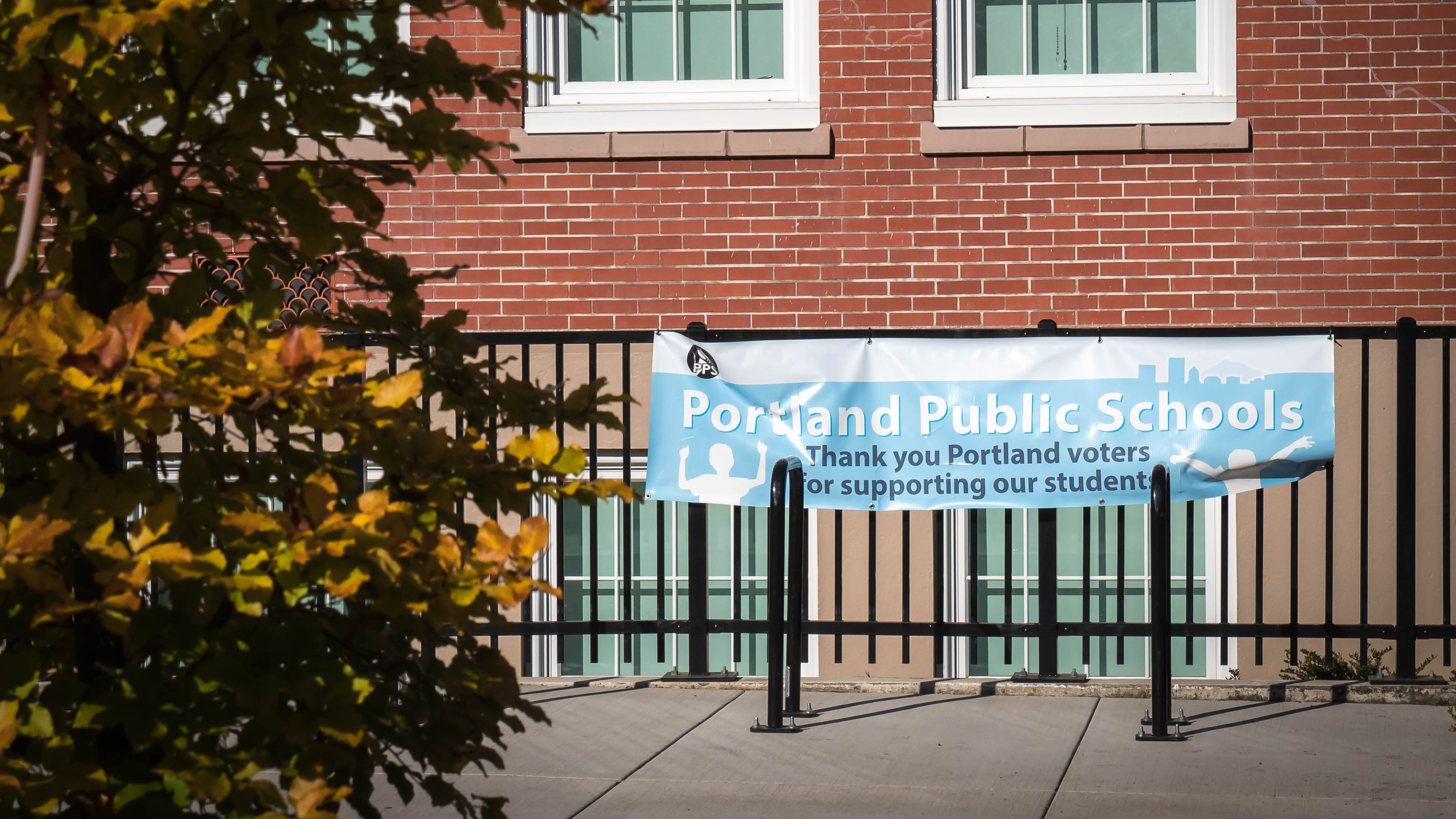Portland Public Schools forecasts a $50 million budget deficit in the upcoming fiscal year, district chief financial officer Michelle Morrison told the Portland School Board on Tuesday night.
The district has faced a string of budget shortfalls since the 2022–23 fiscal year, caused by a combination of rising costs, limited revenue, and declining enrollment. The upcoming budget shortfall, though smaller than initially anticipated, is still “very, very significant,” Morrison told board members. “We’ve started some early internal work to see how we can address that while still remaining focused on students.”
PPS faces new challenges in its upcoming budget cycle. A primary one: The district drained its reserves to balance its budget for the current year. Morrison said the district is also assuming that its students will attend a full school year, that state and federal funds will be stable, that student enrollment will continue to drop, and that there will be no school closures in the 2026–27 school year. (Federal funding, Morrison noted, is not guaranteed and may also affect state funding. The district says it’s monitoring that.)
Members of the School Board took the moment to call on the state to provide schools more funding, which continues to be a long-standing frustration for district leaders and advocates.
“The response from legislators has been disheartening,” said board member Rashelle Chase-Miller. “[The legislators are] literally like, there’s no money, there’s nothing that can be done. I just don’t think we can accept that there’s nothing that we will ever be able to do to make this better for our kids.”
Other board members called for the district to break out how much more money it is starting to spend on pensions through the Oregon Public Employees Retirement System, alongside how much could be saved from various “unfunded mandates.” (Those are typically pieces of legislation that ask districts to implement things without funding attached.)
There’s also some worry that this year’s school budget may be less than the approved amount. Superintendent Dr. Kimberlee Armstrong noted the state might be entering into a difficult financial situation, citing that state agencies across Oregon have been tasked with looking into 5% reductions. The state budget is suffering from federal challenges and a slowing economy. Notably, the U.S. Congress’ passage of H.R.1 directly affects funding for the Oregon Health Plan and the Supplemental Nutrition Assistance Program.
There is potential that the state will also ask its 197 school districts to reduce their budgets in response to its own budget crisis, given that districts are largely funded by the state. “We’re not at a place to say that we are confident that there won’t be some ask this year,” Armstrong said.
School Board member Christy Splitt said it would be difficult to reduce further when already faced with a deep $50 million shortfall.
“It’s going to be a really difficult time to be advocating for schools and we’ll still have to do it. Because if we don’t…our kids will suffer,” Splitt said. “I think we all just need to buckle up for small wins, because I think that’s going to be the name of the game fro the next few years as we deal with a federal government that’s choosing to go directly at some of the work of Oregon.”
Looking even further out, Morrison noted that the district expects news regarding increases to PERS pensions for the 2027–29 biennium. The latest PERS board report, Morrison said, indicates the average increase is “significant” but may “vary greatly by district.” The district will receive its individual rates in December.

